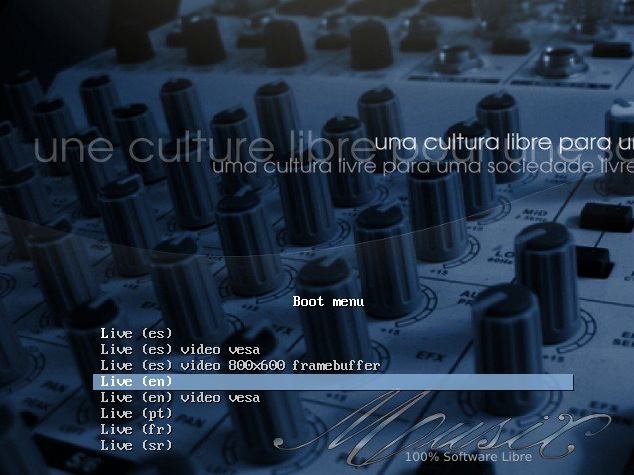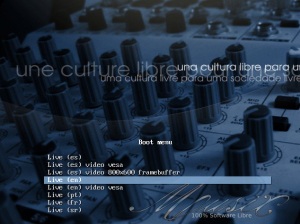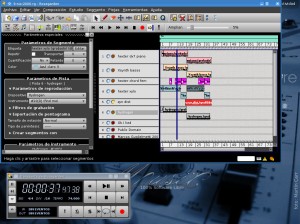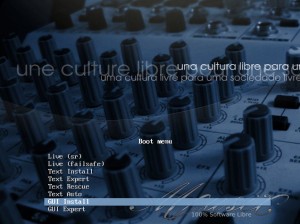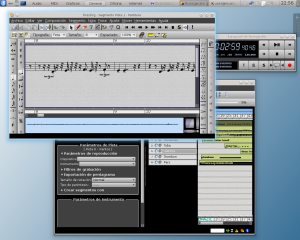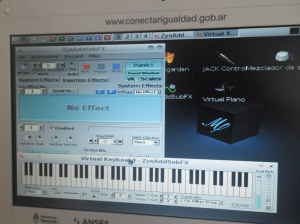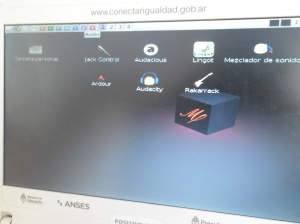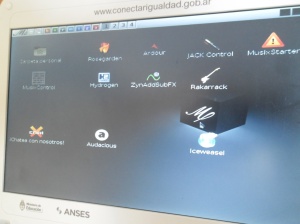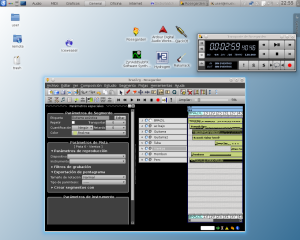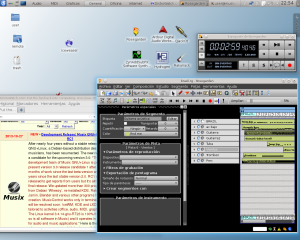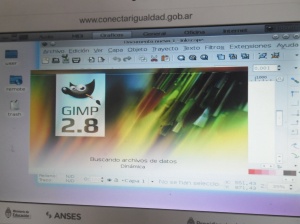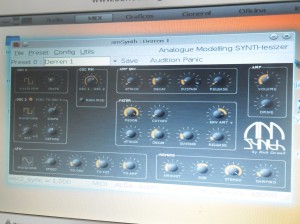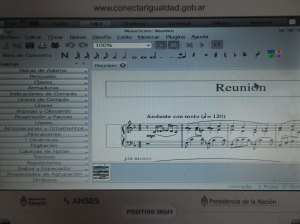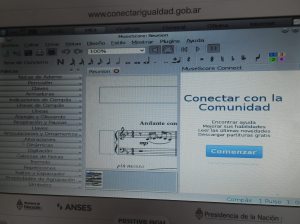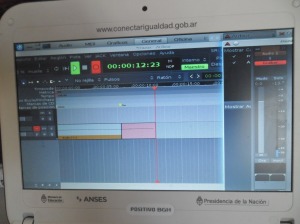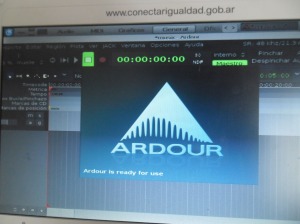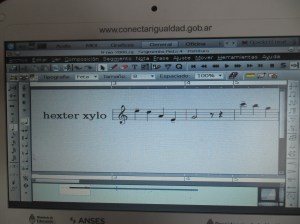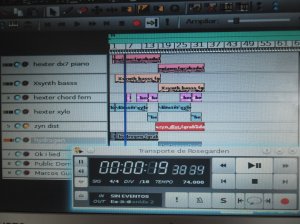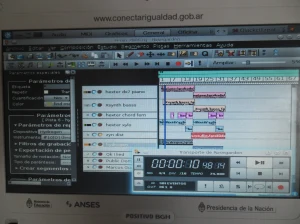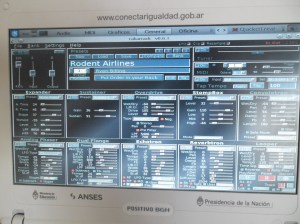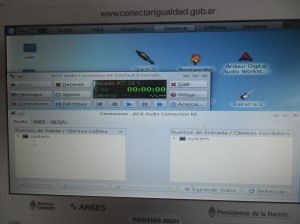Paypal: marcospcmusica@gmail.com
Bitcoins: 3J3Rk1AkhtWLkps4xNV66a5bbh3Ti25RFw
I need just USD 900 to do the basic job, I am planning to build Musix GNU+Linux 4.0 in just 1 month of hard work.
When I founded Musix GNU + Linux in 2004, the Argentine country was coming out of a terrible economic crisis and I was quite unoccupied, mainly because I had no family yet, nor car, didnt own a house, no expensive bills to pay month to month and so. My main job in Musix was to master the distro (I spent days and nights there, focusing only on that), receiving bug reports and solving them, asking in the mailing lists for suggestions, managing the wiki (I’ve written endless documentation together to other collaborators), to advertise in distrowatch, to carry out talks in all the country and other activities.
Years passed, several collaborators joined the project (Argentina, Brazil, Spain, USA, etc.), and even there were versions that were possible only thanks to them.
For many years, the UTUTO project donated hosting, Free Sosftware Foundation supported us politically and some users made donations. Musix is 100% free as in freedom!
But now things have changed a lot: the collaborators mailing lists and users are very quiet, 3 years have passed since the last version 3.0.1, we have made almost no progress for a Musix GNU + Linux 4.0 and I do not see that it would be possible to do a new version based on Debian Jessie (https://www.debian.org/releases/jessie/) if I do not get to work on Musix 100% of my working time.
I think that in a month of hard work 100% concentrated in Musix I could have a version 4.0 with good utilities to produce music, sound, video, graphic design, etc., leaving aside my current daily works, and paying attention only to this .
My idea is to receive donations worth between USD 900 and USD 1200, I do not think it would be neither expensive nor crazy, it would even be easy for Europeans or North Americans to pay that amount … with 4 people contributing USD 225 would already be guaranteed the production of the new version. It’s the money I need to pay all my bills for 1 month and not take on any other job.
If you are interested in the project and in contributing with some money:
Paypal: marcospcmusica@gmail.com
Bitcoins: 3J3Rk1AkhtWLkps4xNV66a5bbh3Ti25RFw
I could accept money via Western Union too, just mail me at (marcos@ovejafm.com)
THANKS FOR DIFFUSION by all possible means (mailing lists, forums, social networks, etc.)
